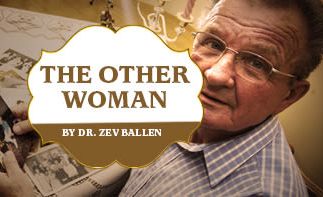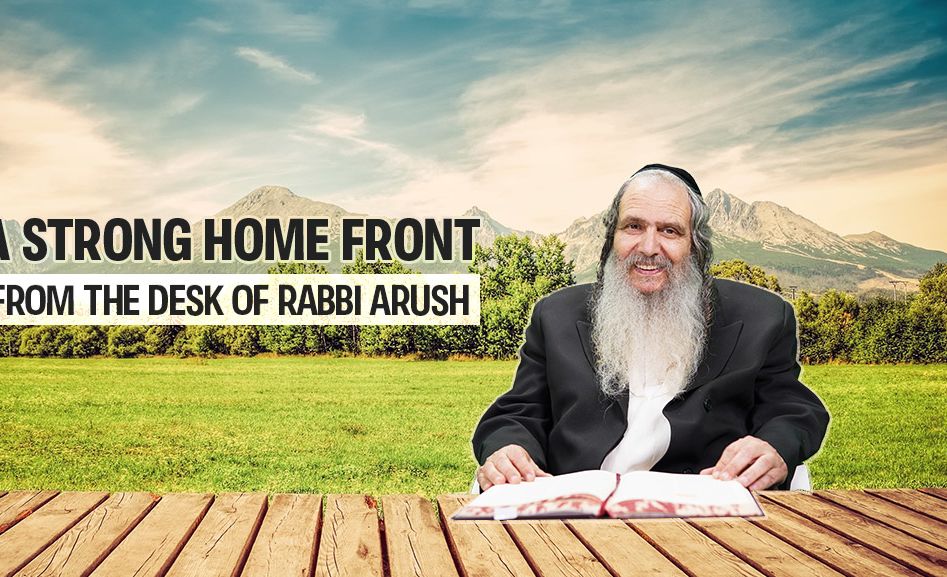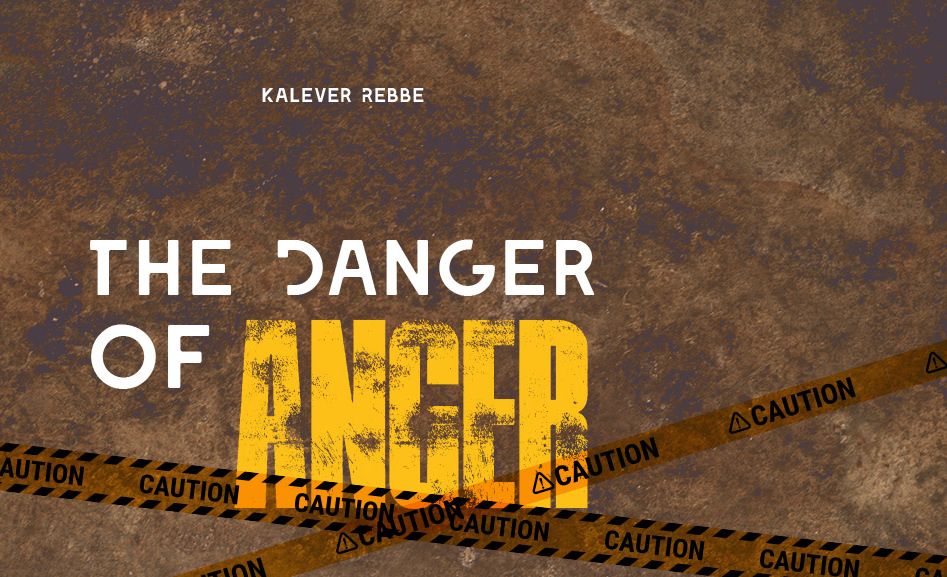
Spouse: Friend or Enemy?
I knew my husband loved me because I had made a point of being myself while we were dating. Later, I began to have doubts; if he loved me why didn't he understand me?

I love a good quote and this is one of my favorites: “When we cannot control our own emotions, we try to control other people's behavior.”
This hits home and helps me understand why we become so intent on shutting down anyone that challenges our patience, our self-esteem and our faith.
Growing up, I remember that whenever we kids would argue, we'd be sent to separate rooms because my mother could not bear the fighting. I can understand doing that sometimes, but not every time.
It ends the racket but it never resolves anything and it never lets the kids learn how to work things out.
My family never openly discussed controversial subjects and I rarely saw my parents argue or negotiate a conflict. A major goal in my family was to avoid ruffling anyone's feathers, especially my Dad's. My home was a minefield. No one wanted their head blown off by a bomb of disabling criticism.
As a young adult, I used to withdraw whenever I felt offended by anyone and it took me a long time to  learn how to talk through a hurt.
learn how to talk through a hurt.
Marriage is a surefire way to learn.
In the beginning of our life together, I expected my husband to read my mind and my body language. I felt reluctant to actually explain how I felt.
I used to show him I was angry by slamming dishes around or acting cold. But God in His wisdom gave me a husband who is a little bit oblivious, a tad obtuse. I had to basically haul the dishes across the room into the sink and turn into a snowball before he even thought to ask me, “Are you okay?” at which time I would always snarl, “I'm just fine!”
My husband, being his trusting and dense self would take me at my word and go on his merry way. I learned quickly that he was not so easy to manipulate. I learned slowly that there was a better way to communicate. Basically I had to spell it out for him, I had to “confess” that I felt neglected, worried or mad, which was the exact opposite of how I was raised. Admitting vulnerable emotions felt shameful to me. I preferred a tougher image of myself, I considered myself a survivor of all I had endured.
It took me a long time to trust my husband. I was used to having everything about me judged and found wanting. I knew my husband loved me because I had made a point of being myself while we were dating but once we were married I began to have doubts. If he loved me why didn't he understand my rules for proper relating?
Having to explain myself to him forced me to examine my own patterns of reacting. I began to see how easily I got offended and how often I assumed that he was out to get me. I walked around with emotional sunburn and if he didn't meet my expectations of how a husband should act I felt injured and disrespected. I made everything so loaded, I assigned malice where none existed and I was always protecting myself from the slightest criticism.
I had to develop a thicker skin because Hashem in His ultimate wisdom gave me a husband who is a little lacking in the tact department. He tends to be a tiny bit blunt, just blurts things out, kind of shoots from the lip. He never learned how to tiptoe around me, he never noticed the eggshells scattered on the floor.
I began to be less defensive, I understood there was no malicious intent in his queries. He was just curious or trying to make conversation. Maybe he needed more information. But I was never under interrogation and he wasn't the KGB. He was my friend.
It takes time to build trust between a couple. It takes time to really feel that you're on the same side. And if you have been hurt in the past by people you were supposed to trust, it can be doubly hard. Try to keep in mind that your spouse is not the intimate enemy. Your spouse is hand-picked by your Creator. Your spouse is the one who will help you dissect your own perceptions. Don't lose the opportunity to develop a new reality. Don't stifle your spouse. Instead work on yourself until you have the marriage you always wished you had.
* * *
Rebbitzen Yehudit Channen began her career as a Crisis Intervention Counselor in Silver Spring, Md. in the seventies. After moving to Israel, she worked as a marital mediator and social skills instructor for kids. Following the death of a son, Rebbitzen Channen became a certified bereavement counselor and worked with young mothers who had suffered loss. Most recently she worked at the Melabev Center for the memory-impaired, as an activity director and group facilitator for families coping with Dementia. The Rebbitzen has written for numerous magazines and newspapers and recently led an interactive creative writing course called Connective Writing. Yehudit Channen is the wife of Rabbi Don Channen, Rosh Yeshiva of Keter HaTorah. They are blessed to have nine children and many grandchildren and live in Ramat Beit Shemesh.










Tell us what you think!
Thank you for your comment!
It will be published after approval by the Editor.